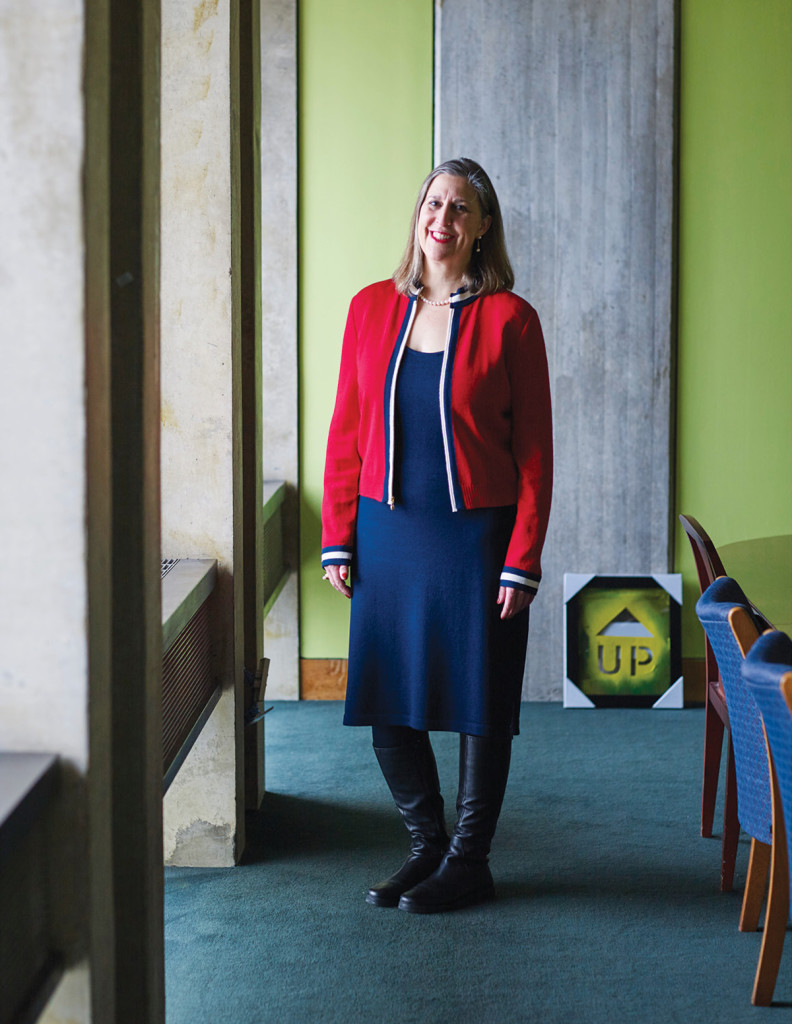Link Roundups feature articles and bits of internet goodness that our dramaturgy team digs up. If you find something you want to send our way, drop us a line on Facebook or Twitter!
♦♦♦♦♦
Boston Magazine has a feature examining the ups and downs of the city’s cultural planning process to date:
But goals alone do not make a plan. Certainly, the effort was enormous, the aims lofty, the motives sincere. But let’s be blunt: The key issues were identified very early on in the process. It shouldn’t take more than a year of visioning exercises—at a cost of $1.4 million, almost the same as Burros’s fiscal year 2016 annual department budget of $1.7 million—to pinpoint challenges and strengths that have been evident in the arts community for years and years. Privately, people in the arts community have been wondering when all of those lofty goals will translate into action.
The answer wasn’t forthcoming when Burros presided over a town hall meeting at Bunker Hill Community College in March. Remember: The Boston Creates team had promised that the first draft of the actual plan would be released at this meeting. But Burros simply reiterated the five goals (which now include a specific focus on equity). No action items. No timeline. No metrics. No funding stream.
♦♦♦♦♦
This week’s Boston Globe also has an article looking at the funding details (or lack thereof) in the draft proposal of the cultural plan:
The authors write that Walsh has made “great strides” when it comes to arts funding, proposing a $2.3 million budget for the Office of Arts and Culture in fiscal year 2017. Nevertheless, they cede that the “possibility of further increases is severely limited. The city faces increasing fiscal pressure from different sources, including statutorily limited revenue tools, rising fixed costs, underfunding of charter school reimbursement, decreasing local aid, and the growing need for a wide range of city services.”
In other words, a push for dedicated arts funding in Boston — already a highly politicized venture as City Hall must sway state legislators — must also compete against other city needs, such as education, housing, and public safety.
Burros avoided discussing funding tactics, such as potential public-private partnerships, in detail last week, saying it was too early. “The creation of the plan and the implementation of the plan are really two different things,” she said, calling the draft a “milestone.” “When we’re at the final plan and we’re announcing implementation in June, there’ll be even more specifics.”

